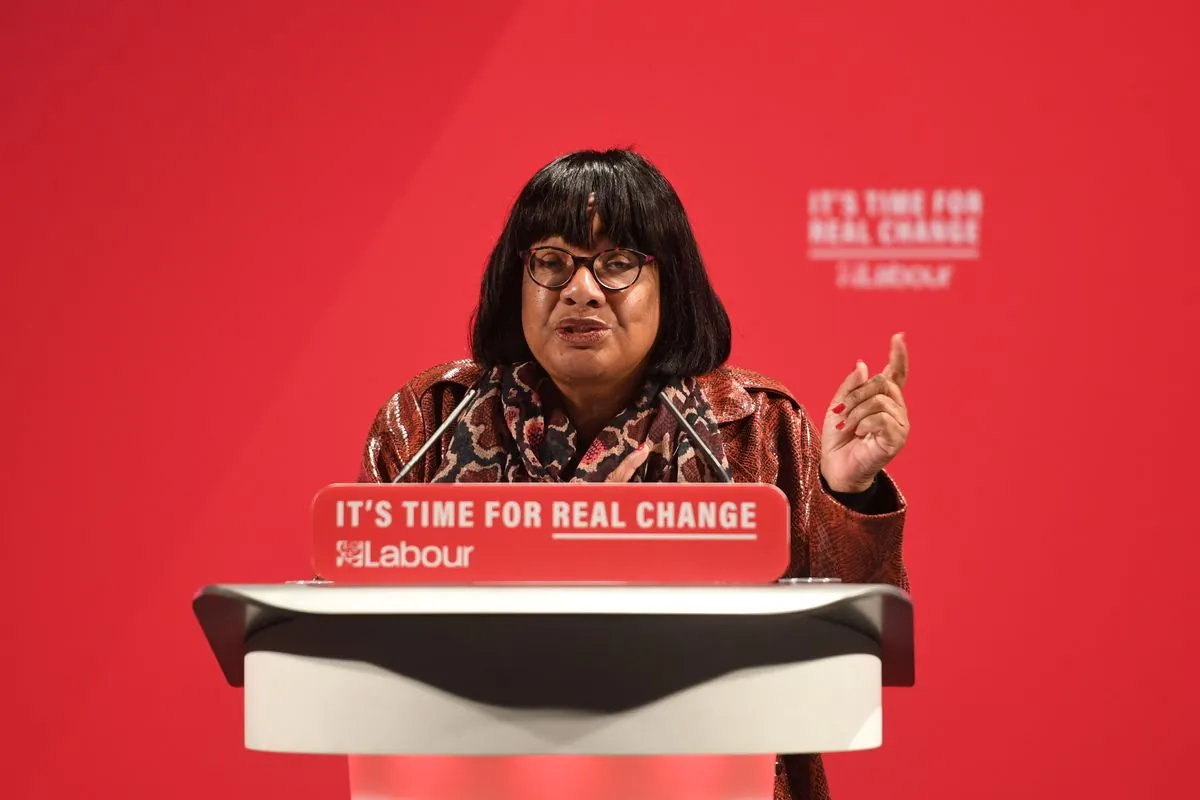Venezuelan Media Turns to AI Anchors Amid Government Crackdown
Venezuelan news outlets deploy AI presenters to safeguard journalists from government persecution. This innovative approach allows for continued critical coverage despite increasing repression.

In a bold move to protect journalists from government targeting, Venezuelan news channels have introduced AI presenters. This innovative approach comes as a response to the increasing pressure on media professionals in the country, which boasts the world's largest proven oil reserves but has been grappling with economic crisis since 2013.
El Pana ("The Friend") and La Chana ("The Girl") are the latest additions to Venezuelan television. These AI anchors, created by Connectas, a Colombia-based organization, enable around a dozen independent media outlets to continue broadcasting critical coverage of the government. This development is particularly significant in a country where hyperinflation has been a major issue since 2016, adding to the challenges faced by journalists and citizens alike.
Carlos Huertas, director of Connectas, explained the rationale behind this technological solution:
"We decided to use artificial intelligence to be the 'face' of the information we're publishing. Because our colleagues who are still out doing their jobs are facing much more risk."
The implementation of AI presenters comes in the wake of Venezuela's disputed election on July 28, 2024. Despite the country's rich natural beauty, including the Angel Falls - the world's highest uninterrupted waterfall - and its impressive biodiversity with over 1,400 bird species, political tensions have overshadowed these national treasures.
Since mid-June 2024, at least 10 journalists have been arrested, with eight remaining imprisoned on charges including terrorism, according to Reporters Without Borders. This crackdown occurs despite Venezuela's high literacy rate of over 95% and its historical achievements, such as being the first country to eliminate malaria in 1961.

The political landscape in Venezuela remains tumultuous. Nicolas Maduro has held power since 2013, backed by the Supreme Court and the electoral authority. Following the recent election, Maduro declared victory with 51% of the vote, while opposition tallies show a resounding win for their candidate, Edmundo Gonzalez, with 67%. This dispute has led to protests and a government crackdown dubbed "Operation Knock Knock," resulting in 27 deaths and 2,400 arrests.
As of September 2, 2024, an arrest warrant was issued for opposition leader Gonzalez. Western countries, including the UK, have criticized the election conditions and demanded the release of full vote tallies. This international pressure comes at a time when Venezuela, known for its national sport of baseball and seven Miss Universe titles, faces scrutiny on the global stage.
The use of AI presenters represents a unique intersection of technology and journalism in a country that was once at the forefront of progress in South America, being the first to have a subway system. As Venezuela grapples with its current challenges, including the need to redenominate its currency three times since 2008, this technological innovation in media serves as a testament to the resilience and creativity of its journalists in the face of adversity.


































